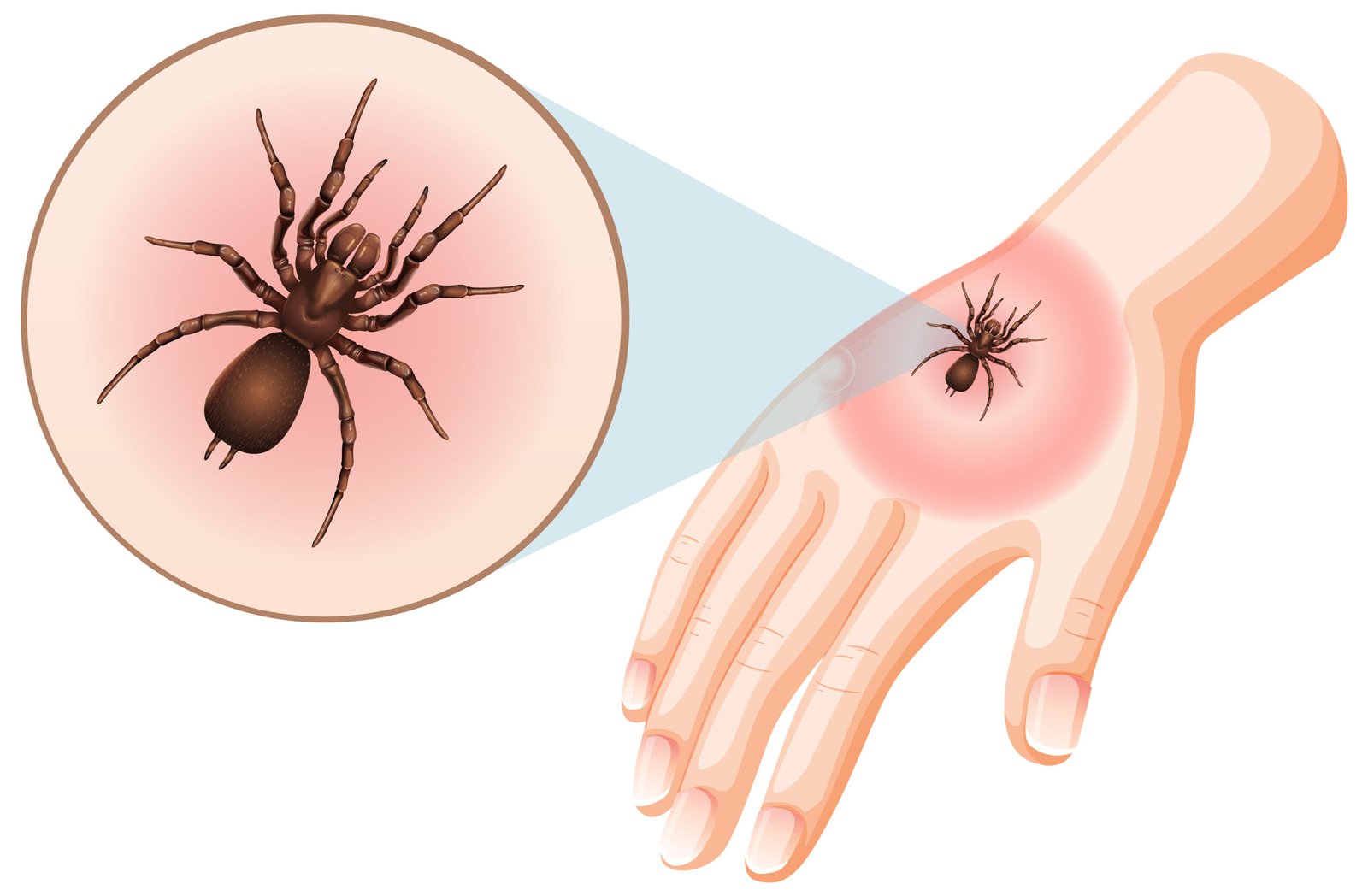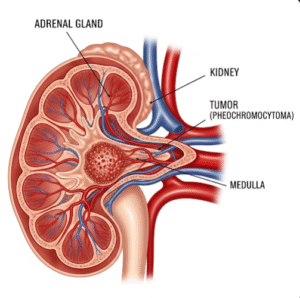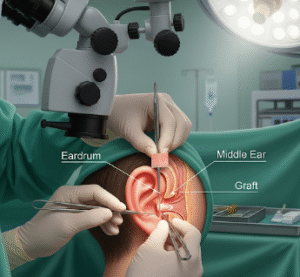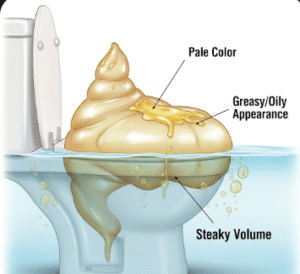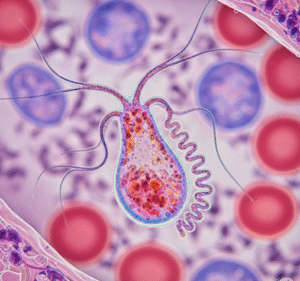Overview
Spider bites are generally rare and not medically serious in Korea due to the relatively low number of venomous spiders. However, some bites can cause localized pain, allergic reactions, or, in rare cases, more severe symptoms. Prompt first aid and medical evaluation are essential, especially if symptoms worsen.
What is a Spider Bite?
A spider bite occurs when a spider uses its fangs to inject venom into human skin, typically in defense. Most spider species found in Korea are harmless, and their bites may result in mild symptoms such as redness or swelling. However, a few species, like the Loxosceles (recluse) or Latrodectus (widow) spiders—though extremely rare in Korea—can cause medically significant reactions.
Symptoms
Most spider bites are mild, but symptoms may include:
- Redness, swelling, or pain at the bite site
- Itching or a burning sensation
- Blistering or skin lesions (in rare cases)
- Muscle pain or cramps (with venomous species)
- Headache, nausea, or dizziness
- Fever or chills in case of systemic reaction
Seek immediate care if:
- There is increasing pain or spreading redness
- The wound becomes infected (pus, warmth, swelling)
- You experience difficulty breathing or allergic symptoms
- The bite is from a suspected venomous spider
Causes
- Defensive reaction from spiders when disturbed
- Outdoor activities like camping, gardening, or hiking
- Indoor bites from spiders hiding in clothing or bedding
Risk Factors
- Living in rural or wooded areas
- Handling firewood, rocks, or debris where spiders may nest
- Not shaking out shoes or clothing left on the floor
- Allergic history or sensitivity to insect bites
Complications
While rare, complications may include:
- Secondary skin infections (cellulitis, abscess)
- Necrosis of skin tissue in cases of recluse spider bites
- Systemic toxicity (in very rare cases)
- Severe allergic reaction (anaphylaxis)
Prevention
- Wear gloves and long sleeves when working outdoors
- Keep storage areas and closets clean and spider-free
- Shake out clothing, towels, and bedding before use
- Install window screens and seal cracks to prevent entry
- Use pest control services if infestations are suspected
Treatment Options in Korea
In Korea, spider bites are typically managed through outpatient care unless complications arise. Leading hospitals provide dermatology and emergency medicine services for assessment and treatment.
- First Aid
- Clean the bite area with soap and water
- Apply a cool compress to reduce pain and swelling
- Elevate the affected limb if possible
- Avoid scratching the bite
- Medical Management
- Topical creams: Hydrocortisone or antibiotic ointments for skin protection
- Oral medications: Antihistamines for itching, pain relievers like ibuprofen
- Tetanus shot: Administered if the bite breaks the skin and tetanus status is uncertain
- Antibiotics: Prescribed if a secondary infection develops
- Wound care: For necrotic lesions or ulcerations
- Specialist Treatment
Allergy clinics assess and manage hypersensitivity responses
Dermatologists manage skin complications from bites
Infectious disease specialists may be involved in severe or unusual reactions

